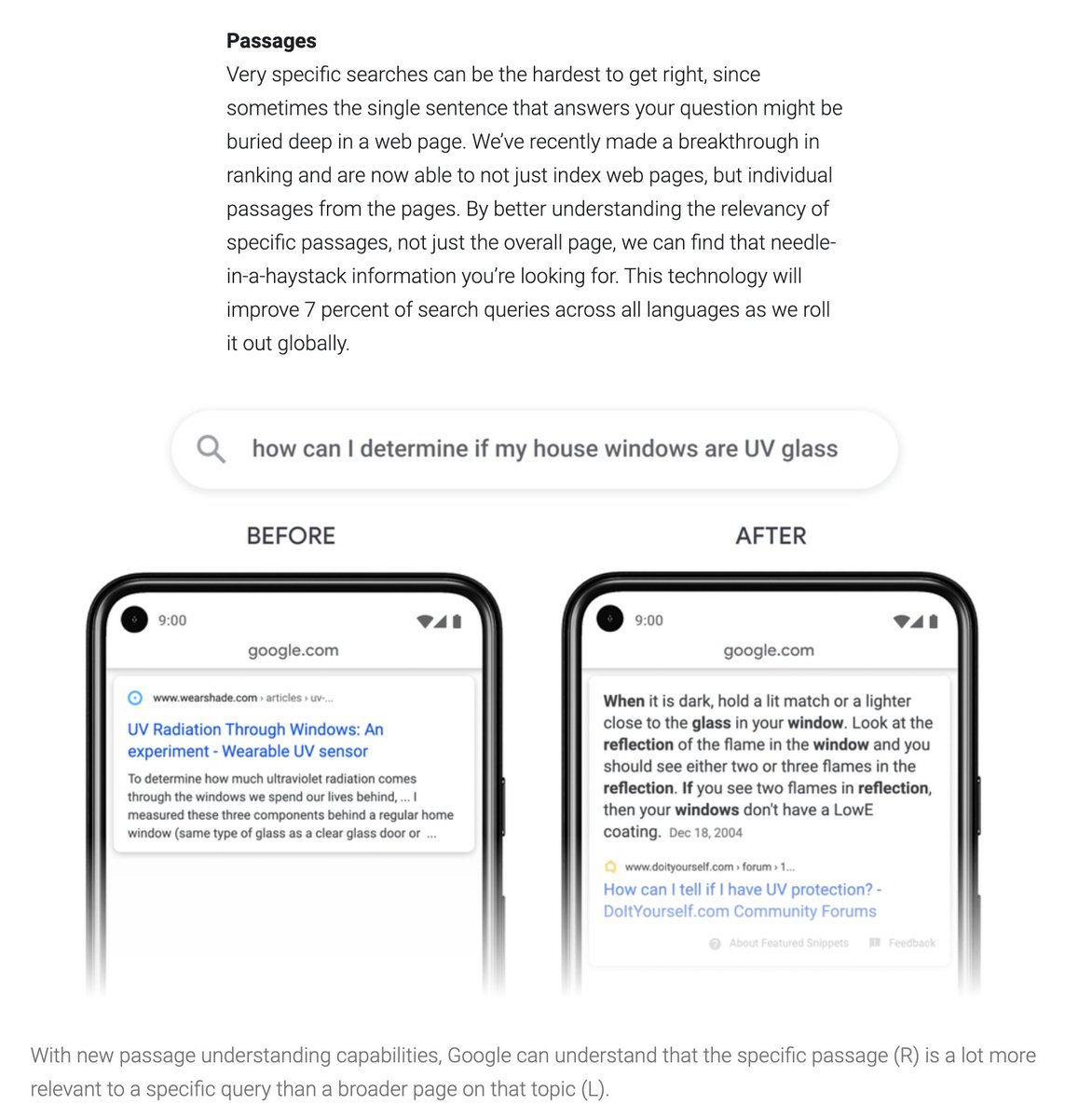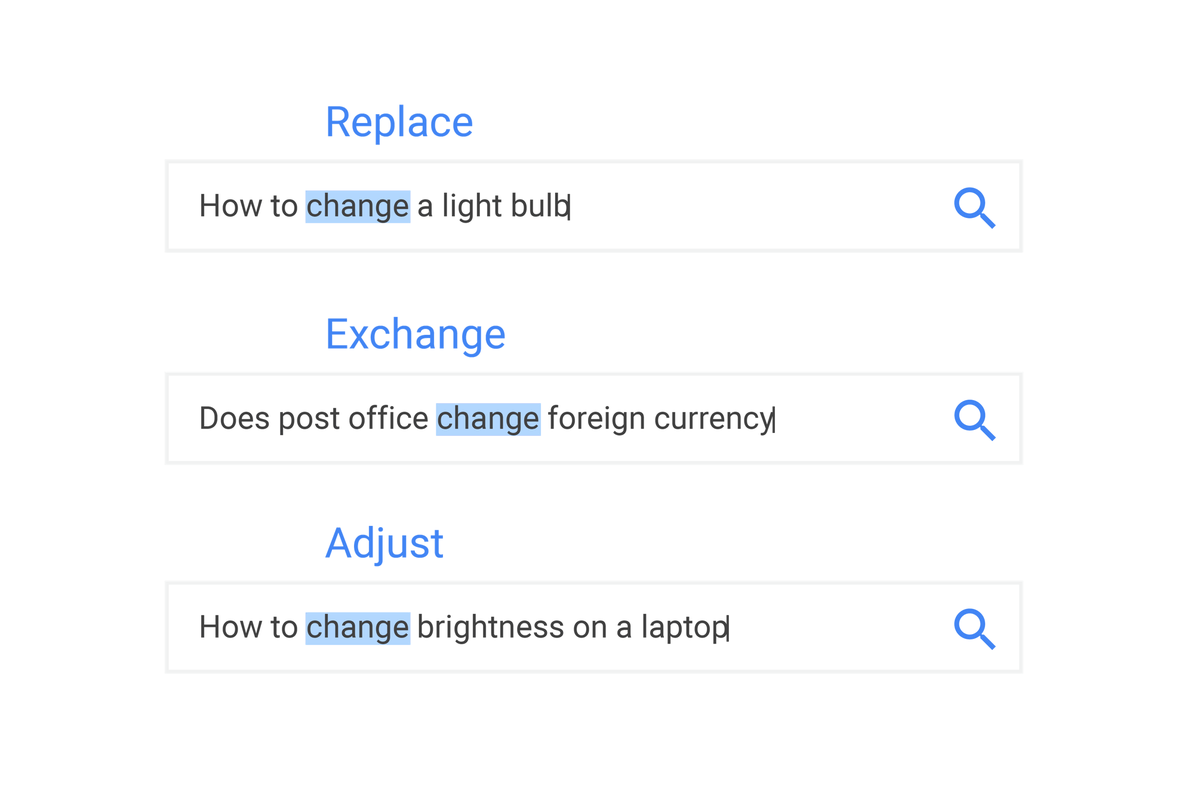
Here’s a recap of the many ways we are making @Google Search more helpful and useful, as shared today at #SearchOn 2021. If you missed it, the recording is here: searchon.withgoogle.com and our blog post is here: blog.google/products/searc…
Using our AI system known as MUM – short for Multitask Unified Mode – we’ll make it possible in the coming months to combine words and images using Google Lens to better find what you’re looking for, such as [socks with this pattern]. Learn more:
blog.google/products/searc…
blog.google/products/searc…
Also using MUM, in the coming weeks, we are launching a feature that identifies related topics in a video, even if those aren’t explicitly mentioned. Learn more:
blog.google/products/searc…
blog.google/products/searc…
“Things to know” is a new feature launching in coming months allowing you to explore topics by seeing related subtopics. For example, acrylic painting shows subtopic of “Using household items” & selecting that connects you to helpful content on the web:
blog.google/products/searc…
blog.google/products/searc…
“Refine this search” and “Broaden this search” are new features also launching in the coming months and are ways to effectively allow you to refine or broaden a search. Think of it as pinch-or-zoom for your query. Learn more:
blog.google/products/searc…
blog.google/products/searc…

Also in the coming weeks, our “About The Result” panel will further aid information literacy by showing more information to what we already display, such as how a site describes itself and content about a site from across the web. Learn more: blog.google/products/searc…
Available now in the US, Search has a new look for topics where people are looking for visual inspiration, such as “Halloween decorating ideas” or “puddle pouring ideas." Learn more:
blog.google/products/searc…
blog.google/products/searc…
Is that product in stock at your local store? People often want to know, and beginning today, we’re making it even easier to discover using an “in stock” filter for stores near you. Learn more: blog.google/products/shopp…
For shopping queries, Google Lens will make it easier to instantly shop what you see on a page from the Google app on iOS and from Google Chrome, coming soon. Learn more: blog.google/products/shopp…
Our “Shopping Graph” database of more than 24 billion listings is also powering a more browseable shopping experience in Google Search, beginning today. Learn more: blog.google/products/shopp…
• • •
Missing some Tweet in this thread? You can try to
force a refresh









